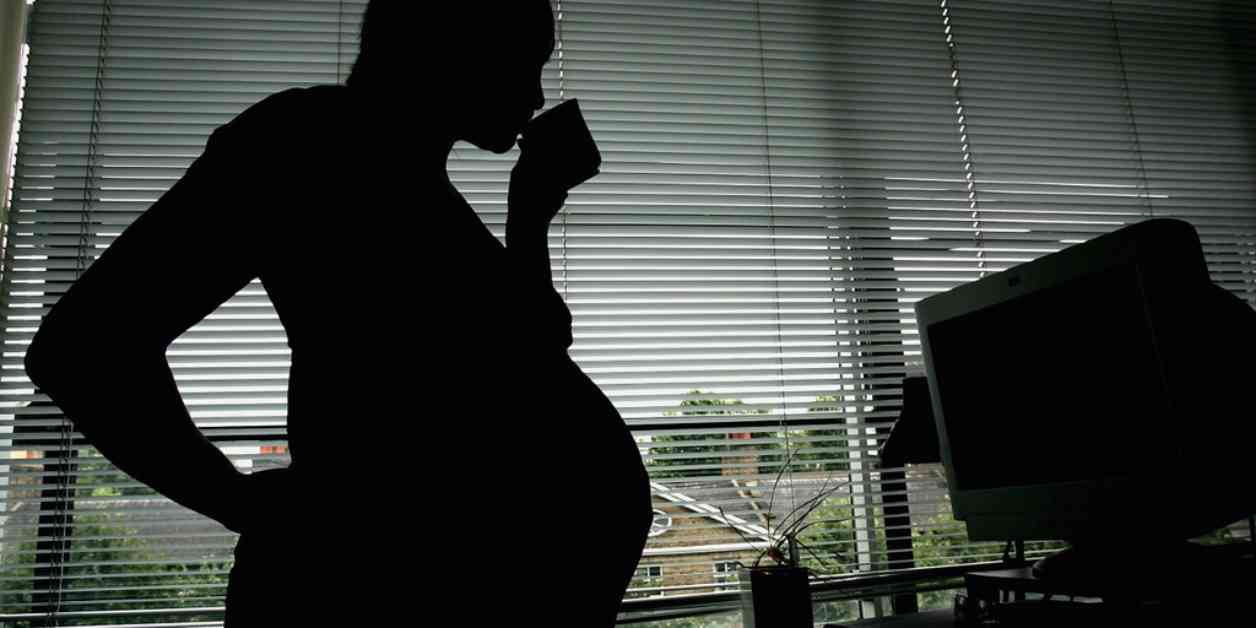Some teachers in Baltimore, Maryland, are proposing a new initiative called the “baby bonus,” which would provide $1,000 to new parents in an effort to reduce childhood poverty from the start. This plan, modeled after a program in Flint, Michigan, aims to provide financial support to families during a critical time in a child’s life.
Nate Golden, a high school math teacher and president of the Maryland Child Alliance, believes that this “baby bonus” could have a significant impact on children in poverty. Research suggests that investing in children at birth can have long-term benefits. In Baltimore, where 31% of school-aged children are living in poverty, this initiative could make a difference in the lives of many families.
Studies have shown that children born into poverty in the U.S. often remain in similar socioeconomic situations throughout their lives. Golden, who witnesses the challenges his students face outside of the classroom, understands the importance of addressing these underlying needs to help children succeed academically.
If approved, the “baby bonus” program in Baltimore would cost about $7 million annually, which is a small fraction of the city’s operating budget. The initiative’s supporters emphasize that this program would not increase taxes but rather require careful allocation of existing funds by the City Council.
While the federal child tax credit has been a significant program in combating childhood poverty, it has limitations that may exclude some families due to paperwork and eligibility requirements. Maryland Governor Wes Moore has shown a commitment to supporting vulnerable residents by signing legislation that provides grant funding for community organizations in areas with high child poverty rates.
In addition to the proposed “baby bonus,” Baltimore has already taken steps to address poverty by launching a pilot program that offers $1,000 monthly income assistance to young parents using federal pandemic-relief funds. These initiatives reflect a growing recognition of the need to invest in children and families to break the cycle of poverty.
The push for the “baby bonus” in Baltimore highlights the importance of early intervention and support for families facing economic challenges. By providing financial assistance to new parents, the hope is to create a more equitable starting point for children and set them on a path towards a brighter future.





















